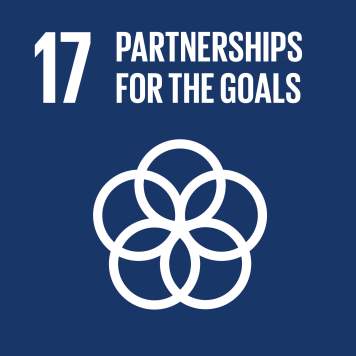Leveraging Private Impact Investors in Development Cooperation

Duration:
20/03–22/03/2024 | FULLY BOOKED - waiting list
Teaching format:
Classroom
Course objective:
This three-day course demystifies impact investing for people working in development cooperation. Impact investing — the idea that it is possible to “do good” as well as make money with certain types of investment — is changing the landscape of development cooperation. Impact investing is growing rapidly and development agencies and non-governmental organizations increasingly seek to leverage private investor resources. But many development actors are not accustomed to working with private investors, and are uneasy about their profit motivation and modes of operation. The course provides an introduction to the terminology and instruments involved in impact investing and evaluates developmental opportunities and trade-offs.
Key topics:
- Defining impact investing and understanding its importance for development
- Different types of impact investor and their incentives
- Overview of instruments such as loans, equity investments, syndication and impact bonds
- How to define and measure “impact”
- Techniques used by development agencies to leverage private investor resources
- Considering what impact investing can and cannot achieve for development goals
ECTS points:
2
Course fee:
CHF 570
Examination:
A written assignment will be distributed during the course, and due two weeks after the course completion
Lecturers:
Dr Chris Humphrey, NADEL
Registration starts 30 October 2023.

